 "In 1413, the great Florentine architect Filippo Brunelleschi discovered linear perspective, enabling artists not only to create a seductive illusion of a three-dimensional world on a flat, two-dimensional surface for the very first time, but also to combine real and imaginary space in a single painting. A new human-centred naturalism..." 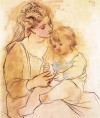 Before the ancestors were completely human they were completely natural, which, among other things, meant they lived life to the fullest, imitating nature in their art, language, and music.  "When boldly-coloured works completed in the coastal town of Collioure by Derain and Matisse were exhibited at the Salon d'Automne exhibition in Paris in 1905, one critic described the pair as "Les Fauves", which means "the wild beasts"." 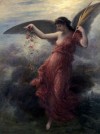 Since the early days of his career, Fantin pursued a line inspired by imagination at the same time as he was producing realistic still lifes and portraits. This tendency resurfaced with renewed force in his later years, converging with the symbolist aesthetics of the fin de siècle. Musical allegories and fantasies dedicated to Schumann... 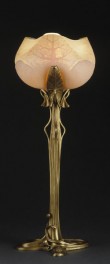 One of the highlights of the exhibition is the recreation of a 1900s room in Art Nouveau style, indicating that another key feature of the movement was the way that people began to appreciate furniture, interior and products as aspects of an environment unified through design...newly rich people wanted to decorate their home in their own, new style... 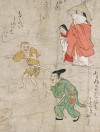 Juxtapositions of selected works in the exhibition clearly demonstrate the visual and stylistic standards that informed Lee’s selection of works of art for the museum... 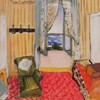 Although Matisse always preferred to work in a two-dimensional manner, he still uses standard techniques to convey some sense of depth and space in this interior. The space is depicted...  Son regard de peintre en matière de couleur et de composition, sa passion pour l’exotisme et ses innovations dans le domaine du verre font de lui, dès 1900, un chef de file du design américain dont la réputation s’étend jusque dans les grandes capitales européennes : il rivalise...  "Every age rakes the past with its particular searchlight. In our own era, it is the unstoppable rise of the personal that has defined our attitudes to history. It is the self..." 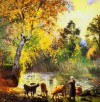 As a painter, Camille Pissarro was fascinated by the interchange of light and color. He often painted the same landscape at different times of the day to study the way changing and moving light... |
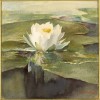 "La Farge painted his islanders naturalistically, according to his keen understanding of human anatomy. Less iconic and more conventionally rendered than Gauguin's figures, La Farge's nevertheless exude great human vitality and warmth."  "Renoir in the 20th Century focuses on the last three decades of Renoir’s career, when, following his rupture with impressionism, he turned to an art that was decorative, classical, and informed by a highly personal interpretation of the Great Tradition. Renoir’s paintings from this period, which have never been studied and shown as such, are often misunderstood as they do not fit comfortably..."  "The abstract order of composition is indeed so important in landscape that it can be considered the genre of painting that is closest to music." 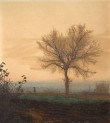 With my imagination struck by the immensity and power of Nature, I would have really wanted to render the grand spectacles that she unrolls continually before our eyes, to express the emotions caused by her mysteries...  "Sir Thomas Lawrence and John Singer Sargent both adopted a kind of buttery, flashy paint-handling that derives from Velázquez..." 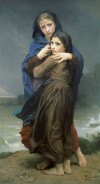 "For philosophers of the Enlightenment nature was...an open book...Art could be beautiful, as nature was beautiful. But it was beautiful because it imitated nature, which was the source of beauty in all its forms."
 "With his famous Lute Player, one of the highlights of the Städel’s exhibition, Caravaggio had created the incunabulum of Baroque portraiture of musicians, a work enthusiastically..." 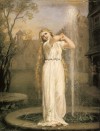 "Damned in his own time for looking too French - all those plein-air glades and open brushstrokes - or too classical, with his spectacular scenes from Virgil, his morals were thought strangely opaque..."
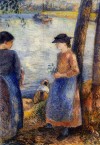 The Impressionist engagement of nature concurred with the primal human experience of nature, which depended on submitting life to both the measured and unexpected patterns of nature... 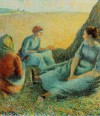 In Camille Pissarro’s rural images of harvesting and shepherding, sensuous color is often a gradually nuanced pool of light that mirrors the movement of wind, clouds, and fields...  Born the son of a wigmaker and milliner in Paris just before the revolution, Jean-Baptiste-Camille Corot pursued an ancien régime... 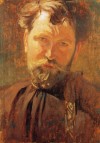 "Again and again our world has been transformed by a word or image, because the future often turns out to be what artists already are. Art doesn’t just reflect the current state of things..."
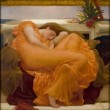 Frederic, Lord Leighton painted his masterly Flaming June in around 1895. It shows an innocent-looking young woman curled up asleep in a diaphanous orange gown which cautiously reveals the curvaceous... |
|